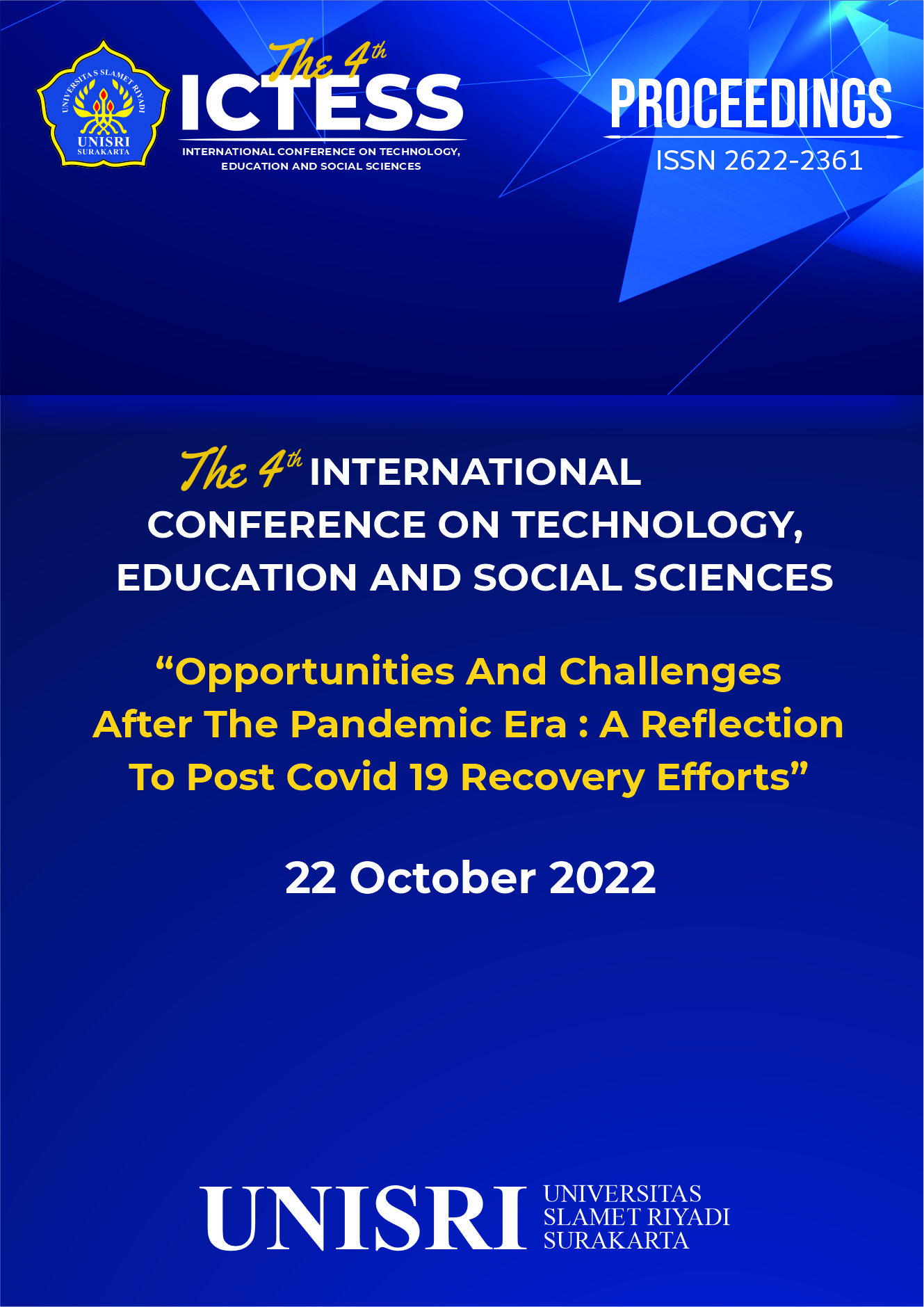RURAL AND URBAN DEVELOPMENT AND LIVELIHOODS CASE STUDY LIVELIHOOD LIMITATION OF THE URBAN POOR IN JAKARTA’S KAMPUNG
Abstract
Jakarta’s widespread internal migration also complicate efforts to provide its citizens with the care they needed. Pandemic exacerbates the social vulnerabilities of the urban people and increasingly shows the inequality that exists in the city. The question that this paper tried to answer is “To what extent the urban poor could access their entitlements to sustainable livelihood?â€. To help enhance our understanding on how urban poor access their rights and entitlements to sustainable livelihoods, sustainable livelihood framework needs to be combined with other approaches. Poor people stood at the centre and were seen to build their livelihood strategies on a set of vital resources. People found ways to make ends meet and got on with their lives. In the case of urban poor in Jakarta, it is important to note, that while the sustainable livelihood model stresses that poor people are the experts on their own conditions, it is condescending to assume that all of the people’s livelihood strategies are inherently right. Many urban poor households lack access to information, broader overviews, and a knowledge of prior experiences outside their own area which mean that they may make mistakes and adopt livelihood strategies which are unsatisfactory at best or doomed to failure at worse.
Keywords: migration, sustainable livelihood, urban poor in Jakarta, pandemic

